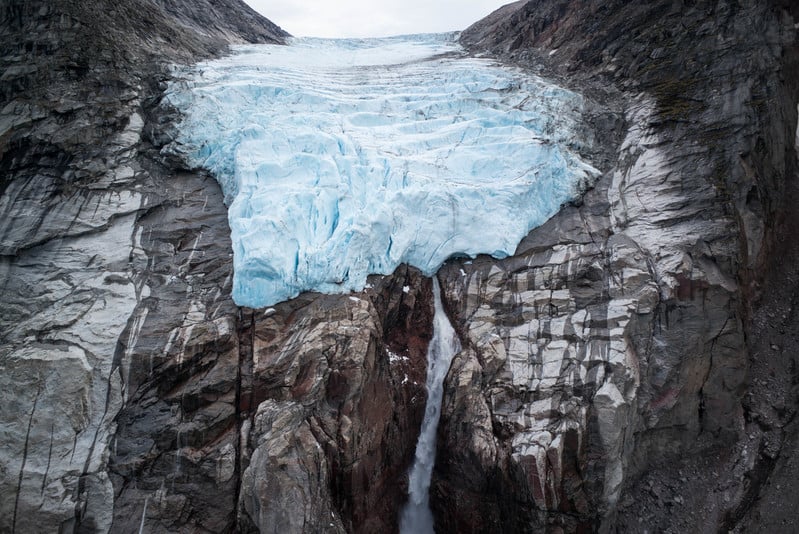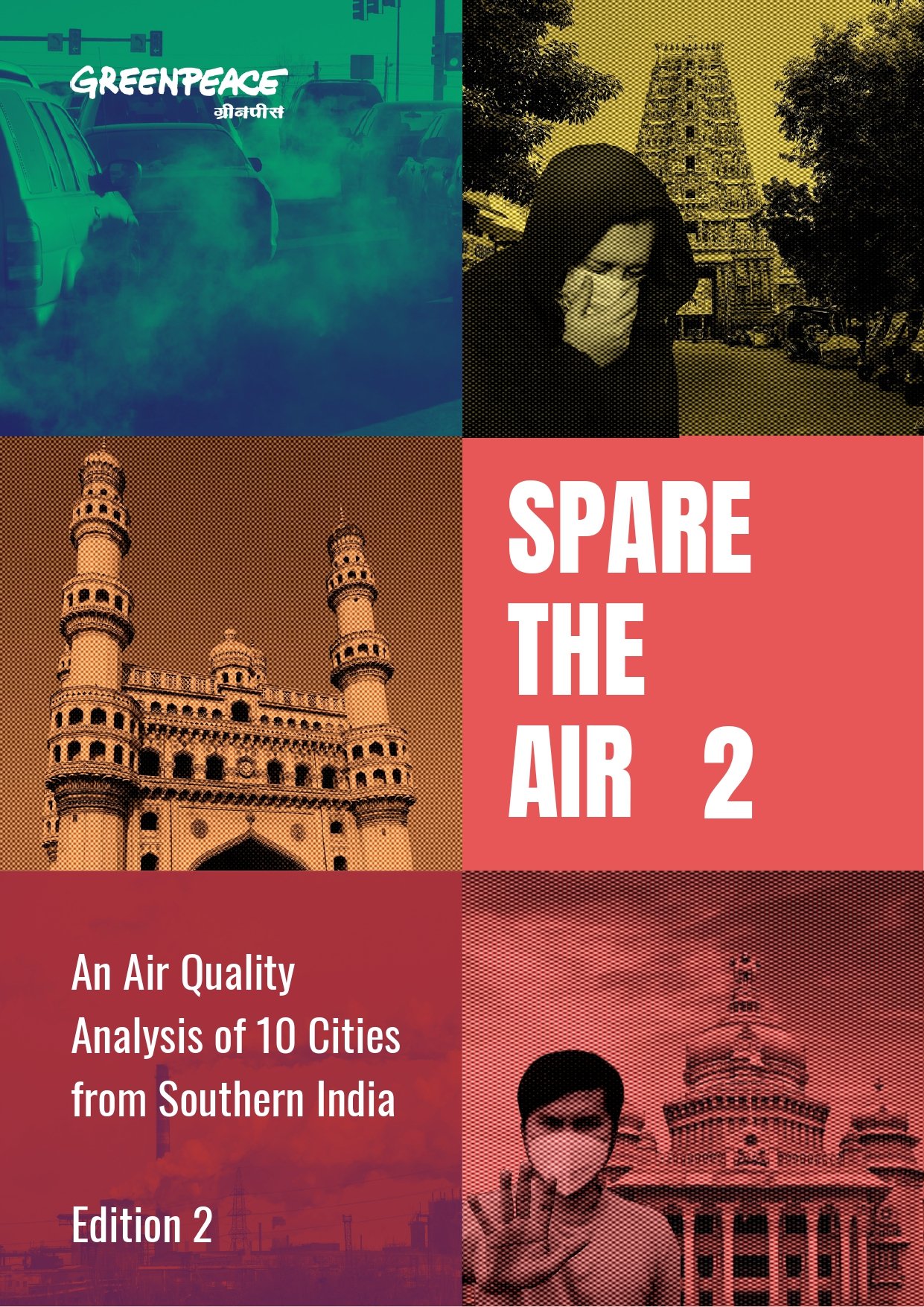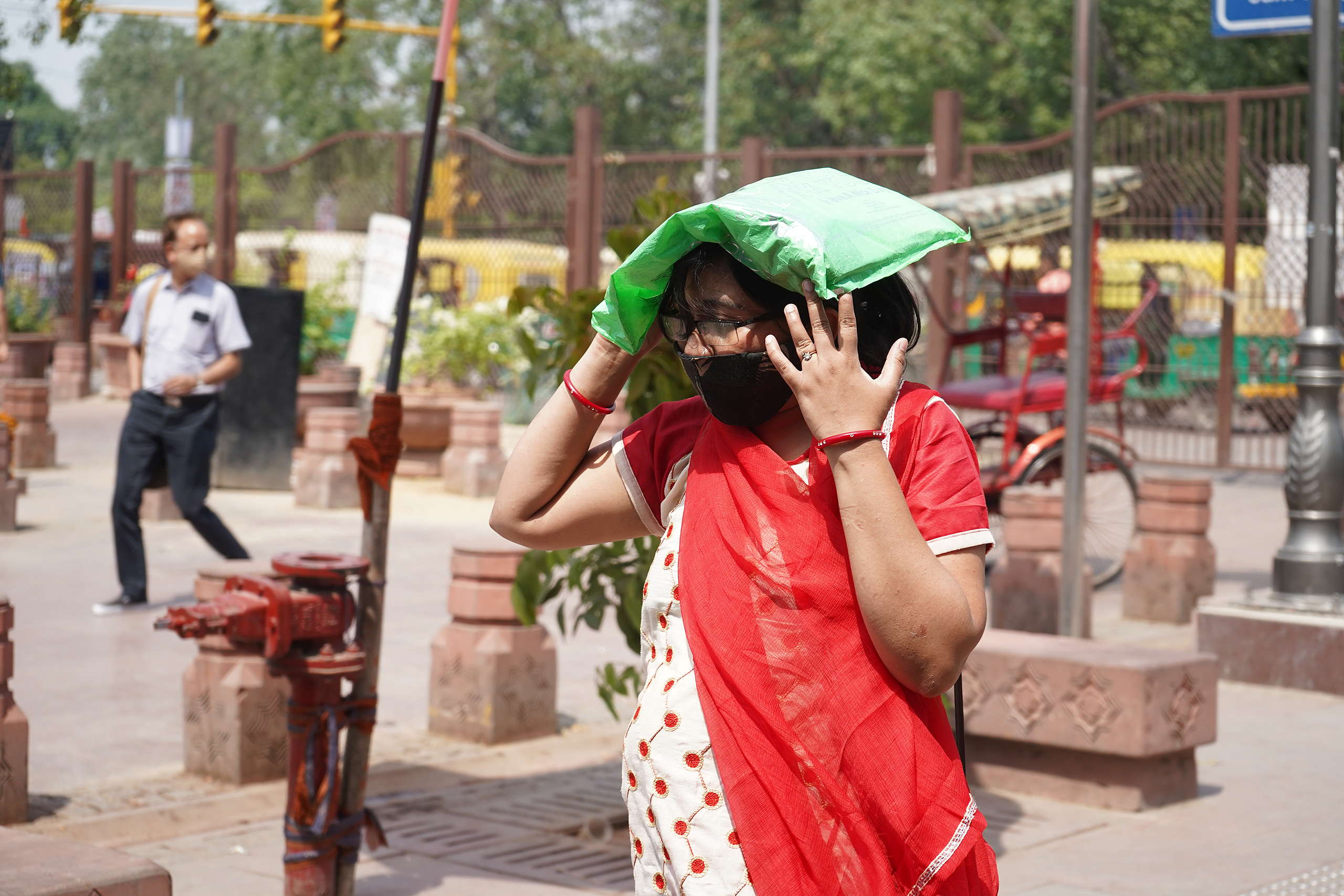New Delhi, August 09: Written by the world’s top climate scientists, the Intergovernmental Panel on Climate Change (IPCC) Working Group 1 report on the Physical Science Basis, forming a part of the Sixth Assessment Report, summarises the latest scientific understanding of what’s happening to our climate system, and gives a stark warning of where we are headed if urgent action isn’t taken.
The scientific consensus presented in the report adds pressure on the discussions on how to accelerate countries’ action in line with the Paris Agreement 1.5°C warming limit – with new and revised 2030 commitments expected from leaders at the UN climate conference (COP26) in Glasgow this November.
Greenpeace was an official observer to the IPCC and attended the virtual approval meeting of the IPCC WG1 report. The report does not address the impacts of climate change to humans, nor ways to mitigate climate change and its impacts, as those are topics that will be covered by the remaining three parts of the IPCC 6th Assessment Report, due to be finalised and published next year.

Commenting on the IPCC’s WG1 report, Avinash Chanchal, Senior Climate Campaigner at Greenpeace India said:
“IPCC reports have been telling us what is happening to the planet due to the human induced climate crisis. The report provides enough information about how human activities are causing climate change, making extreme climate events like heat waves, droughts, and heavy rainfall more frequent and severe. The warning is very clear ‘unless there are immediate rapid and large scale reductions in greenhouse gas emissions, limiting warming 1.5’C will be beyond reach.’ The report clearly shows the climate crisis is here, it’s rapidly getting worse and we are closer to a catastrophic tipping point than we thought. We have been saying that climate change and air pollution share the same solution and for the first time the report also acknowledges the connection between climate change and air pollution.”
According to the assessment, it’s evident that from a physical perspective, the target of 1.5°C is still within reach. The solutions are available however, it requires stronger action. The cheapest way to produce clean energy is available. Many cities are already making mobility beyond oil a reality. The government and corporations need to accelerate the global transition to 100% renewable energy in all sectors including electricity, transport and industry.
“While ensuring 100% clean energy, we also need to protect the forest, ocean and other ecosystems. The upcoming climate summit is going to be a crucial moment for our world leaders where they can take a big and bold step to tackle climate change. In the summit the developed countries need to express solidarity to the global south by increasing the promised $100bn per year in climate finance to countries hardest hit by the climate crisis, as well as cancel all debts for the global south and honour international aid commitments,” added Chanchal.
For any further queries:
Rohin Kumar
+91-9013971997
[email protected]
Avinash Kumar
+91-8882153664
[email protected]


